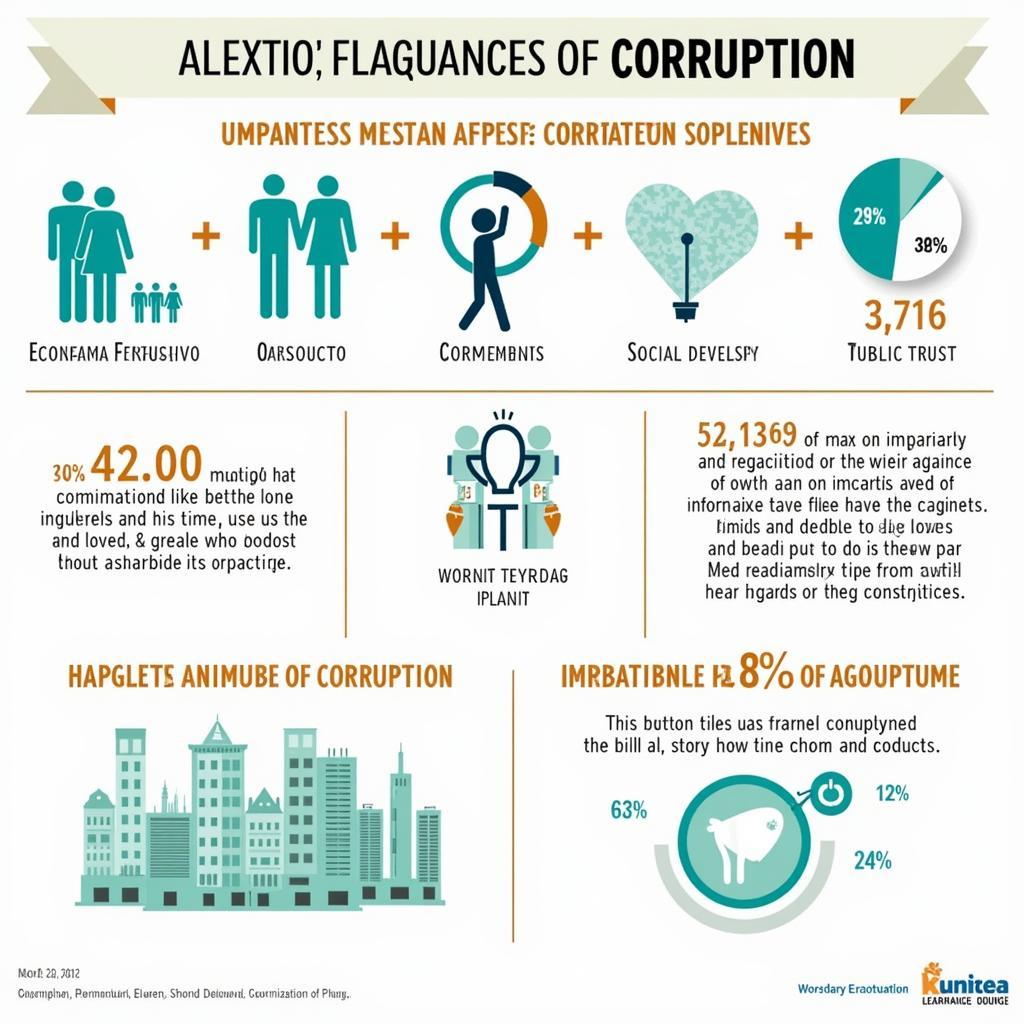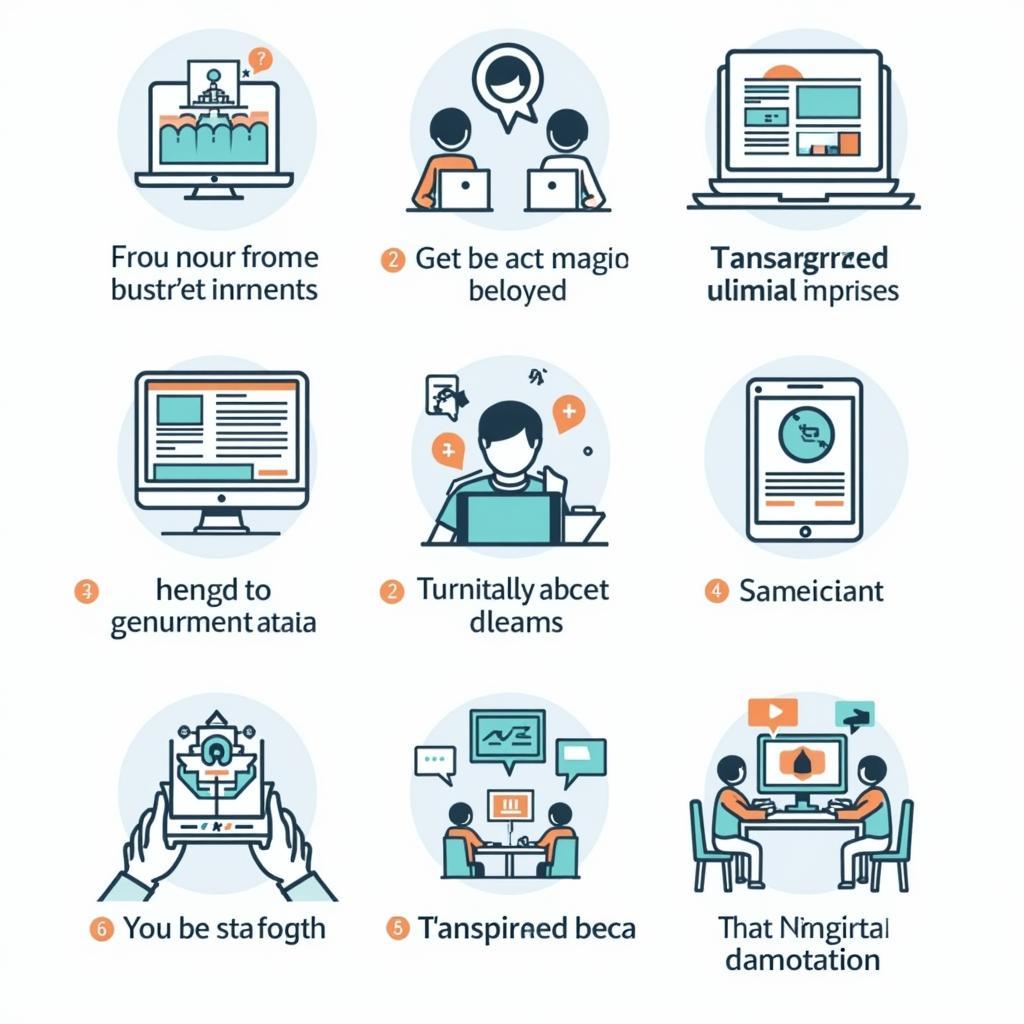Ase Corruption poses a significant threat to the economic and political stability of the Southeast Asian region. This pervasive issue undermines good governance, hinders development, and erodes public trust. Understanding the complexities of corruption within the Association of Southeast Asian Nations (ASEAN) is crucial for developing effective strategies to combat it.
The Complex Landscape of ASE Corruption
Corruption within ASEAN manifests in various forms, from petty bribery and extortion to grand corruption involving high-ranking officials. This diverse range of corrupt practices makes it challenging to address the issue comprehensively. Furthermore, cultural nuances and varying levels of transparency within member states add another layer of complexity. What are the root causes and what are some of the consequences?
Root Causes of Corruption in ASEAN
Several factors contribute to the prevalence of corruption in ASEAN. These include weak institutional frameworks, lack of transparency and accountability, low public sector salaries, and inadequate enforcement of anti-corruption laws. Additionally, political patronage and cronyism often play a significant role, creating a culture of impunity. What can be done to address these systemic issues? How can ASEAN nations strengthen their institutions and promote good governance?
Consequences of Corruption
The consequences of corruption are far-reaching, impacting all sectors of society. Corruption diverts public funds, hindering essential services like healthcare and education. It creates an uneven playing field for businesses, discouraging investment and hindering economic growth. Moreover, corruption erodes public trust in government, leading to political instability.
 Impact of Corruption in Southeast Asia
Impact of Corruption in Southeast Asia
Combating ASE Corruption: A Multi-Pronged Approach
Addressing ASE corruption requires a multi-pronged approach involving governments, civil society organizations, and the private sector. Strengthening anti-corruption institutions, promoting transparency and accountability, and fostering a culture of integrity are crucial steps. International cooperation and sharing best practices can also play a vital role in combating this transnational crime. What specific strategies can be implemented? What role can technology play in enhancing transparency?
Strengthening Anti-Corruption Mechanisms
ASEAN member states need to strengthen their anti-corruption institutions by providing them with adequate resources and independence. Enhancing investigative powers, improving prosecution rates, and ensuring the effective implementation of anti-corruption laws are essential. What are some successful examples of anti-corruption initiatives in ASEAN?
You might also find the ASEA Director information helpful.
Promoting Transparency and Accountability
Transparency and accountability are fundamental to good governance and curbing corruption. Governments should promote open data initiatives, strengthen public procurement processes, and ensure access to information. Empowering civil society organizations to monitor government activities and hold officials accountable is also crucial.
 Transparency Initiatives in Southeast Asia
Transparency Initiatives in Southeast Asia
ASE Corruption: Looking Ahead
While the challenges are significant, ASEAN has made progress in combating corruption. The ASEAN Convention Against Corruption provides a framework for regional cooperation. Continued commitment from member states, coupled with innovative solutions and active citizen engagement, is essential for creating a more transparent and accountable ASEAN. The fight against ASE corruption is an ongoing battle that requires sustained effort and vigilance.
What is the ASEAN Convention Against Corruption?
The ASEAN Convention Against Corruption is a legally binding agreement among ASEAN member states to cooperate in preventing and combating corruption.
How can individuals contribute to fighting corruption?
Individuals can play a vital role by reporting corruption, demanding transparency, and supporting anti-corruption initiatives.
Conclusion
ASE corruption remains a significant challenge, but with concerted efforts and a comprehensive approach, it can be effectively addressed. By strengthening institutions, promoting transparency, and fostering a culture of integrity, ASEAN can pave the way for a more prosperous and stable future. The need to address ASE corruption is paramount for the sustainable development of the region. You may also find the discussion on Amir Liaqa ASE Nahi Chalega 17th February 2017 relevant.
FAQ
- What are the main forms of corruption in ASEAN?
- What are the economic consequences of corruption?
- How can technology be used to combat corruption?
- What is the role of civil society in fighting corruption?
- What are some successful anti-corruption strategies in ASEAN?
- What are some resources for reporting corruption?
- How does ASEAN measure progress in combating corruption?
For further reading on related topics, explore our articles on ASE database backup and ASEAN anti trafficking. You may find the information on ASE-24.000MHz-LR-T helpful as well.
Need support? Contact us 24/7: Phone: 0369020373, Email: [email protected] or visit us at Thon Ngoc Lien, Hiep Hoa, Bac Giang, Vietnam.
